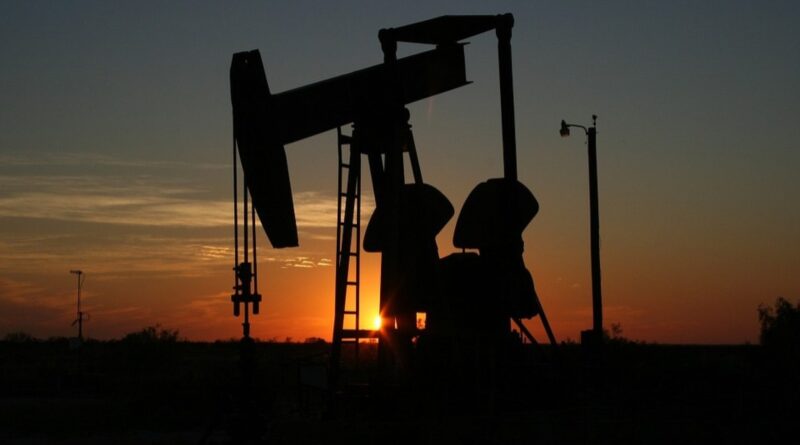South Sudan: South Sudan Announces Plan to Resume Oil Production
Juba — South Sudan announced early this week its plan to produce at least 90,000 barrels of crude oil per day as the country resumes normal production. This comes after oil supply to international markets were cut off last February because of the ongoing conflict in Sudan.
Ninety percent of South Sudan’s Gross Domestic Product (GDP) comes from its rich fossil reserves.
In the last 11 months, the country was unable to sell its oil to international markets after Sudan evoked the force majeure clause, which protected it from liability following the outbreak of conflict in Khartoum in early 2023.
The ban was lifted on January 4, allowing neighboring South Sudan to resume production.
Puot Kang Chol, South Sudan’s minister of petroleum, said, “With the force majeure having been officially lifted by the government of Sudan, through its letter dated the 4th 2025 and based on that, the Ministry of Petroleum and partners would like to declare that the kickoff date of resumption is tomorrow. This is basically to say our ‘D-Day’ that we have been waiting for is tomorrow, the 8th of January, 2025.”
Chol is adamant that Juba will continue to pump more oil to the global market even as the work to replace fossil fuels with green energy picks up momentum.
“We will continue to produce. … South Sudan, and not only South Sudan, the continent called Africa, will continue to use oil resources for its own survival,” he said.
While Chol was making clear South Sudan’s position on clean energy, or lack of it, in Gudele, a suburb in the capital, Juba, Betty Yobu, a citizen, is battling a chronic heart condition due to prolonged exposure to toxic gases.
Betty said she has been using charcoal stoves for the past six years at her restaurant which targets low-income earners. The continuous exposure to carbon monoxide gases has made her health deteriorate.
“I started feeling not OK, especially my chest. Because of the heavy work, no rest, my health became weak, and maybe I was thinking that it was because of the heavy work. I decided to go and see a doctor, and they found out that I started developing chest problems because of the firewood I was using, the charcoal. Then, I breathe in the carbon monoxide, and they affected my health,” she said.
But Chol insists that Juba will use its resources for the betterment of its people.
“Now, we are faced with the reality, and the reality is, ‘I go hungry, have no food, I will die.’ We are faced with the reality that you have a woman who [has] no access to health care, and the only resource that you have that can allow you health care is the oil resources. We will not abandon it, because death is death,” he said.
In 2022, then-Finance Minister Agak Achuil said that South Sudan’s oil had been sold until 2027, and that any revenue coming from the sale of crude oil was going toward the repayment of loans. Agak later said he was misquoted. He was fired by President Salva Kiir within a week.

Sign up for free AllAfrica Newsletters
Get the latest in African news delivered straight to your inbox
Environmentalists continue to criticize the oil sector. In 2018, South Sudan lawmakers accused the Dar Petroleum consortium operating blocks 3 and 7 of dumping chemicals near Bentiu, home to an oil block.
“For any operations to restart in block 3 and 7, I think all environmental safeguards must be put in place,” Joseph Africano Bartel, undersecretary of Ministry of Environment and Forestry.
Despite the challenges that will come with the latest pronouncement of plans to resume oil production, Juba and Khartoum are optimistic that it will alleviate a significant financial burden for both governments.
South Sudan, which is ranked third in sub-Saharan Africa for oil reserves, produces approximately 3.5 billion barrels annually.

